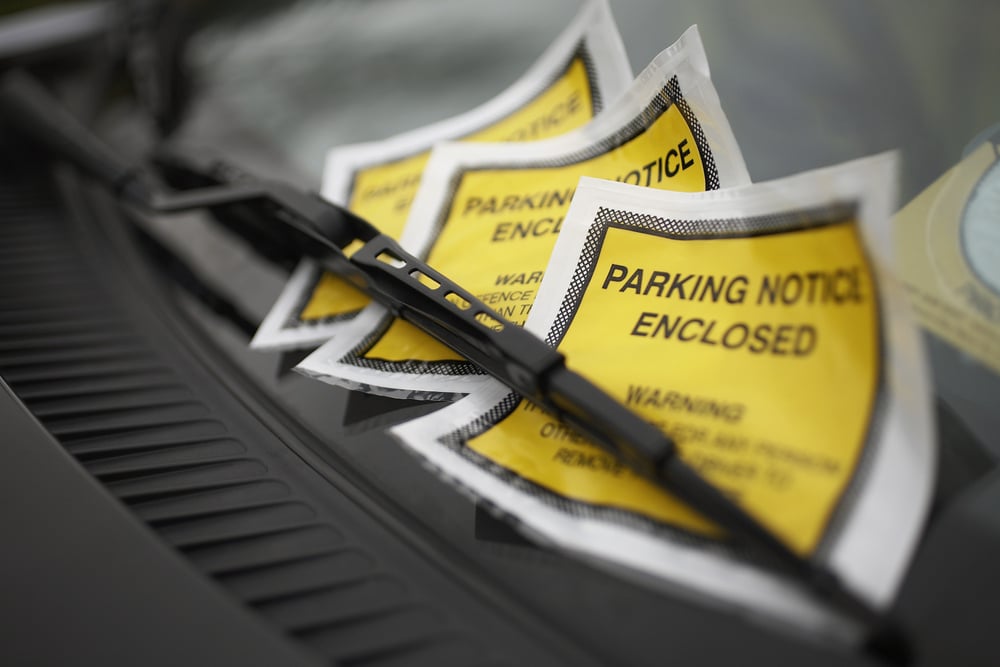
Parking in a homeowner’s association is always a hot topic. From where it’s ok to park and not to park to enforcing parking rules and even issuing parking tickets, homeowners tend to be very territorial about their parking spaces - and adamant on making sure others living or visiting in the HOA don’t get away with ignoring the parking rules. That being said, sometimes you get a controlling HOA board that wants to take all parking matters into its own hands – going as far as issuing parking tickets. But can they do this?
In California homeowner’s associations – and many other HOAs around the country – there are parking rules that can and should certainly be followed up with enforcement of those rules. But first, it’s important to clarify that there are HOA rules and there’s the law. They are not one and the same.
Can the HOA tell you where to park?
If the streets in the HOA are considered city streets, then the association doesn’t have the jurisdiction or any way to force compliance because the streets belong to the city, not the HOA. If it's a private street within the association, that's a different story.
But to truly answer the question of what the HOA can and cannot tell you about parking, HOA members should start by knowing and understanding what the governing documents say.
For example, do they say that homeowners may not park on the street? Or that homeowners must park in their garage or in their driveway? Is there a limit to the number of cars that can be parked in the driveway? Can they park an RV or trailer in front of their house? These are the things that the governing documents should clarify.
If you have a homeowner that is repeatedly violating the rules, then the issue isn’t about them getting a parking ticket. It’s about the HOA board following through by enforcing the HOA rules and following its enforcement process.
How can the HOA enforce parking rules?
When you purchase a home in an HOA, you enter into a contractual agreement with the homeowner’s association to abide by its covenants. Those covenants include bylaws that empower the board to adopt and enforce rules they believe are necessary for everyone’s good. The parking policy explains the parking rules and specifies procedures for enforcing them; not only is the board allowed to develop the policy, but it’s also legally obligated to do so.
It’s important to remember why you have HOA rules in the first place:
- To provide protection for the community
- To retain property values
- To give guidelines that are agreed upon as a community
- To allow enforcement when there is non-compliance
However, the reality is:
- People don’t always follow the rules
- Sometimes the rules might not be well known
- People don’t regularly pay the fines if they are enforced
- Some boards don’t enforce the rules consistently
The homeowner's association needs a documented process, especially when it comes to using fines for rule enforcement. That way there is a process in place for how violations are being handled that everyone is following. A documented process also gives the HOA board and manager the ability to enforce rules consistently.
- Written procedures – You need an escalation process that includes steps to take when someone violates a rule. For example, they receive a letter warning before an actual fine.
- Written policy – this details out what you can and cannot do when it comes to following the procedures. For example, if someone violates a rule, a letter must be sent within a week of the violation as opposed to waiting for two months after the fact. This should also include a fine policy description and fine policy schedule.
To answer the original question, no, in most cases the HOA board can’t issue a parking ticket like law enforcement, but they can and should go through the documented rule violation process.
If you’d like a review of your rule violation process to reveal any gaps and recommendations for next steps, contact us for a free HOA evaluation.

.jpg)








